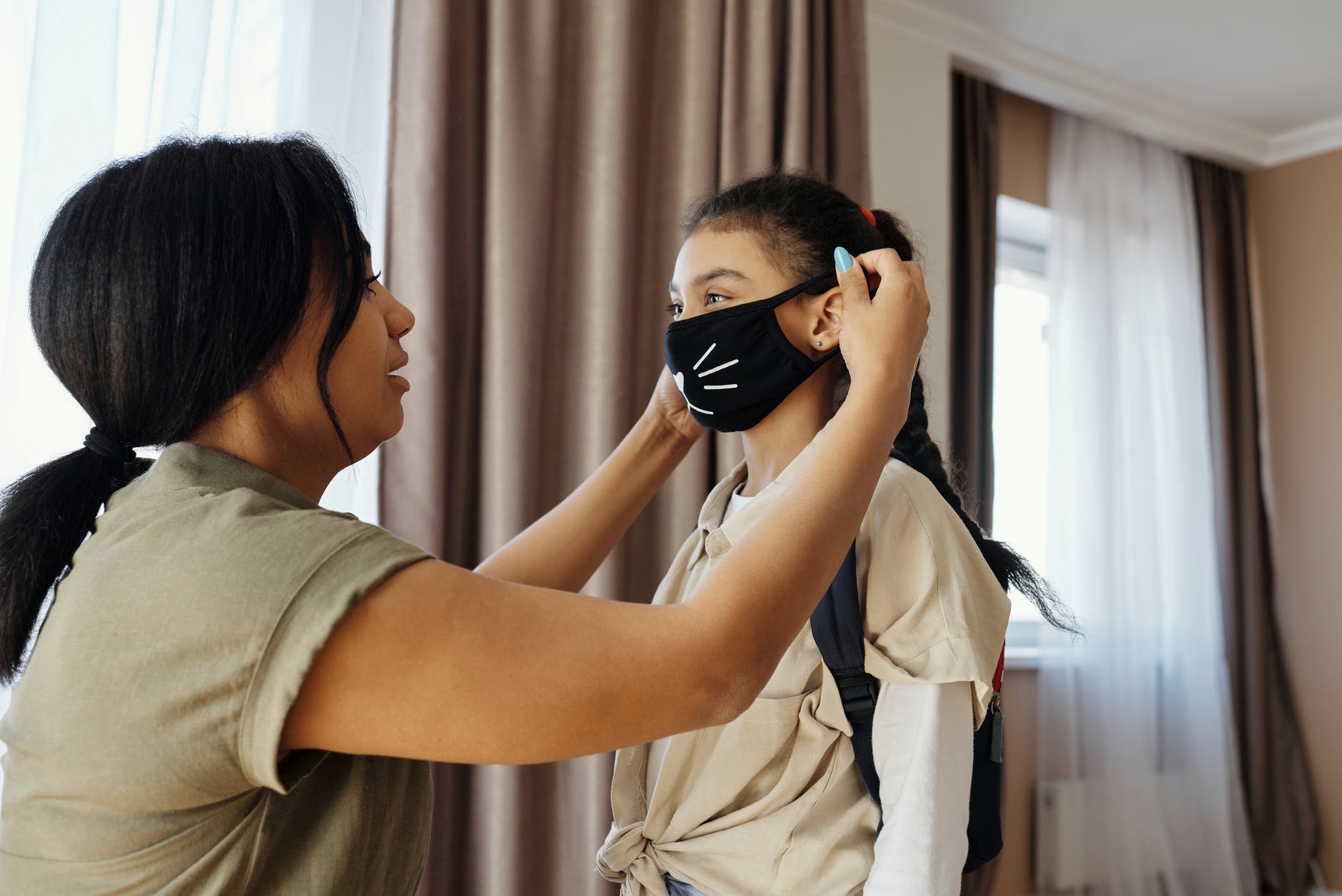Canada News
Canada’s woeful track record on children set to get worse with COVID-19 pandemic

This pandemic brings with it new pressures and threats to child health and well-being. (Pexels photo)
The recent UNICEF report card exposes Canada for failing its young children. The report, appropriately called “World’s Apart,” examines the status of children from the world’s most developed countries and looks at child happiness, well-being and skill. Among 38 developed economies, Canada falls 30th overall.
Unfortunately, the report highlights a recurring issue in Canada. It is one of many reports over the past two decades that demonstrate the inequities faced by many Canadian children.
How can Canada with its relatively positive environmental, social and economic conditions, fall so drastically behind the United Nations’ most recent targets for a sustainable world?
Risks to physical and mental well-being like poverty, systemic racism, pollution, climate change and uneven access to early education, all endanger opportunities for growth and development. According to the report, these dangers are far too widespread.
Canada’s inequity gaps are wide, child poverty is rampant and national averages gloss over worse conditions for those from racialized communities and Indigenous children. The report reveals that although the average child poverty rate in Canada is one in five, children from Black communities have rates as high as one in three. Within some Indigenous communities it’s a staggering one in two.
Something that should put all Canadians on alert is that this report provides a picture of the status of Canadian children prior to the COVID-19 pandemic. This pandemic brings with it new pressures and threats to child health and well-being.
The inequity gaps will likely grow.
Read more:
Coronavirus school closures could widen inequities for our youngest students
Anti-racist uprisings add urgency
The UNICEF report arrives at a time of immense global protest spurred in part by the disproportionate impacts COVID-19 has had on racialized communities.
Entrenched racism and ongoing police brutality are issues that compound the conditions that children live within. We feel a growing impatience with reports that repeatedly illustrate the enormous challenges that children face but offer few concrete solutions.
In its report, UNICEF recommends policy-makers and communities “be accountable,” “be bold” and “listen to children and youth.” However, the report fails to take into account all the ways in which Black and Indigenous communities in Canada have been historically and systematically prevented from taking up such encouragements.
There is little acknowledgement of how racialized communities have been marginalized through the denial of resources and involvement in policy development. This is often the case with such reports.
COVID-19
Black and Indigenous children have been disproportionately harmed by the pandemic, so it should be clear that equity-focused approaches are required.
Yet most reports fail to emphasize culturally appropriate responses as an essential criteria for improving the well-being of children. We see no evidence of concerted efforts among Canadian policy-makers to use disaggregated race-based data to propose programs and funding mechanisms to help the most vulnerable.
How policy-makers and government bodies respond will determine the outcome for Canadian children, especially those within marginalized communities. Specific and customized responses to barriers in education, health and well-being are critically important as we move through and beyond COVID-19.
However, local and federal governments have been prioritizing resuscitation of the economy over addressing the social impacts of the pandemic. As a result, Black and Indigenous children are poised to slide further down health indices unless concrete and urgent steps are taken to address their unique circumstances. To begin to rectify Canada’s long-standing inaction towards the well-being of Black and Indigenous Peoples, policy-makers must act now.
Barriers to ‘bold action’
Funding discrepancies between non-Indigenous and Indigenous children must end. Governments must ensure that all children, regardless of their economic status, indigeneity, parent employment, race and ethnicity, have equal opportunities. This requires equitable policies.
We recommend a move toward action-based, participatory approaches to research and policy that offer concrete proposals for policy development that target the deeply entrenched inequities that form Canada’s social and economic foundation.
Policies need to be integrated with systems of education and health that have unique and important roles towards reconciliation.
Strong, focused and equitable policies to support children are needed now more than ever. Now that we have seen decades of consistent evidence of inequity and poverty, Canadian policy makers should not need to see another report. They need to take action. Canada’s children deserve better. They need federal efforts to rectify the obvious opportunity gaps. Canada’s track record leaves out too many: it needs to do better. Not tomorrow, today.![]()
Neil Price, PhD student, Adult Education and Community Development, University of Toronto and Emis Akbari, Adjunct Professor, Department of Applied Psychology and Human Development at Ontario Institute for the Study of Education (OISE), University of Toronto
This article is republished from The Conversation under a Creative Commons license. Read the original article.





















